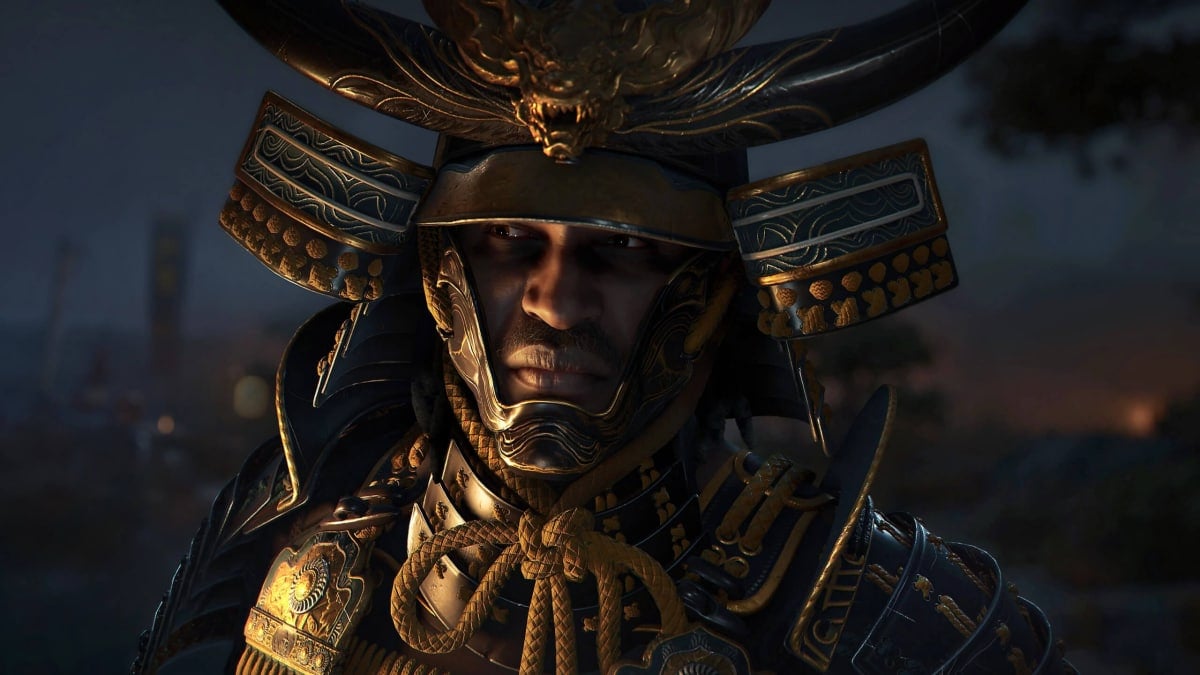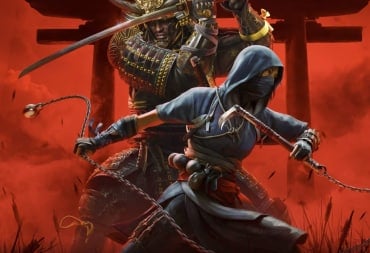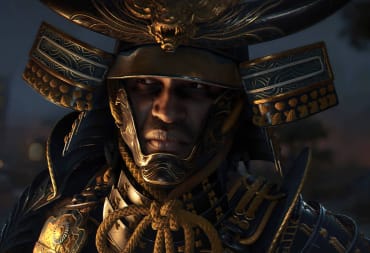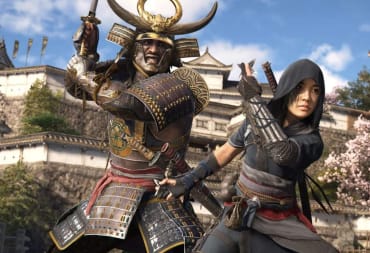Ubisoft has taken to social media to address the ongoing controversy surrounding one of Assassin's Creed Shadows' main characters, the Black samurai Yasuke.
In a post on X (formerly Twitter), Ubisoft describes the rationale behind making Yasuke explicitly a samurai, something which is a "matter of debate and discussion" when it comes to real history, as Ubisoft acknowledges.
The studio says that the Assassin's Creed series is all about taking "creative license" and incorporating "fantasy elements" in order to craft "engaging and immersive experiences", and the depiction of Yasuke as a samurai is "an illustration of this", according to Ubisoft.
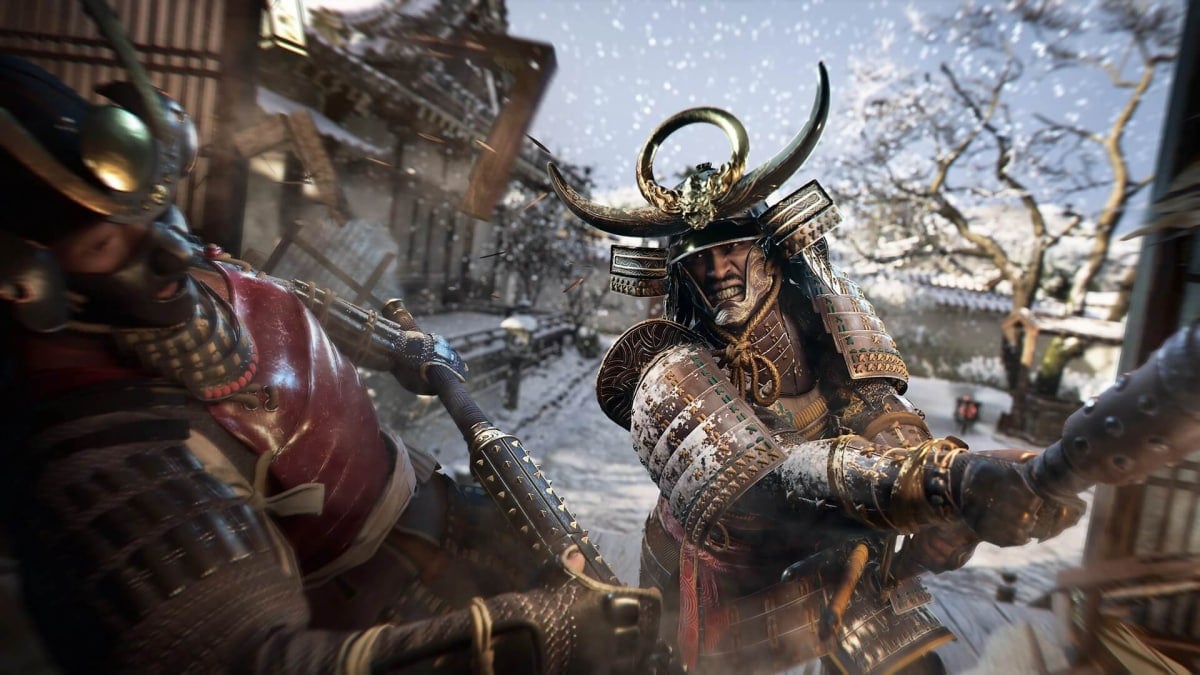
Ubisoft goes on to say that it has "woven" Yasuke's identity as a samurai "carefully" into the storyline of Assassin's Creed Shadows, and that shinobi Naoe, who's the game's second protagonist, is "equally important".
The studio also says it's "put significant effort" into making sure that its representation of Feudal Japan is "immersive and respectful", but that the intent with Assassin's Creed was never to depict history as it happened. Rather, the point is to "spark curiosity" and learn more about the real historical settings in which the games take place.
While Ubisoft does acknowledge that its creative team worked with "external consultants, historians, researchers, and internal teams at Ubisoft Japan" for Shadows, the studio says that the creative teams alone are responsible for decisions "taken in the interests of gameplay and entertainment".
For elements in its promotional materials that "caused concern within the Japanese community", Ubisoft says it "sincerely apologize[s]", but it asks players not to direct criticism at either internal or external collaborators.
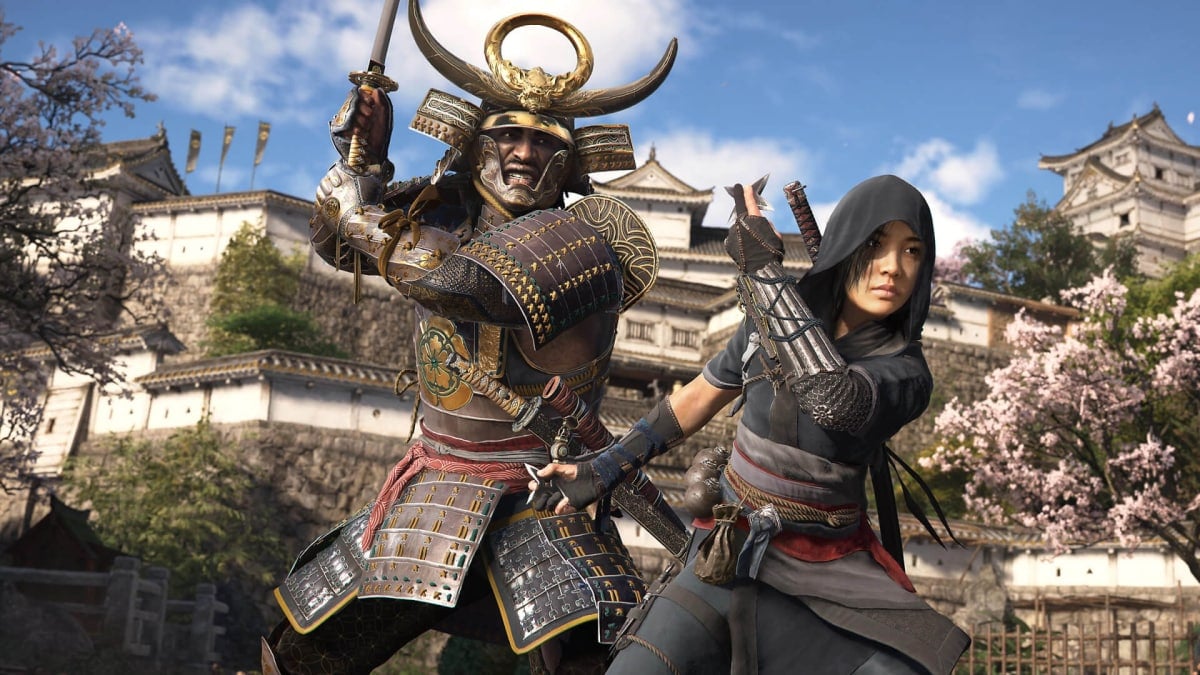
The controversy to which Ubisoft is referring revolves around Yasuke, one of the game's playable protagonists. He's a real-life historical figure, but there's a debate amongst some academics surrounding whether or not he was actually a samurai.
Some are angry that Yasuke has been cast as a samurai, while others suggest that the protagonist of a game set in feudal Japan should be a Japanese person (which is a little difficult to swallow given that Japanese shinobi Naoe is the game's other main character).
Another controversy that the game caused was the inclusion of a Japanese re-enactment group's flag in certain concept art pieces for the game, not least as part of a physical art book packaged in with the Collector's Edition.
When said group objected to their flag's inclusion in the game's artwork, Ubisoft promptly removed it from digital versions of the art, but the studio has also since pledged to remove the flag from a piece of art in the aforementioned book in which it is prominent.
It's unlikely that Ubisoft's words will mollify some of the more...shall we say "intense" arguments against Yasuke's inclusion in Assassin's Creed Shadows, but it will hopefully put some of the less rational arguments to rest. Assassin's Creed Shadows launches on November 15th for PC, PlayStation 5, and Xbox Series X|S.
